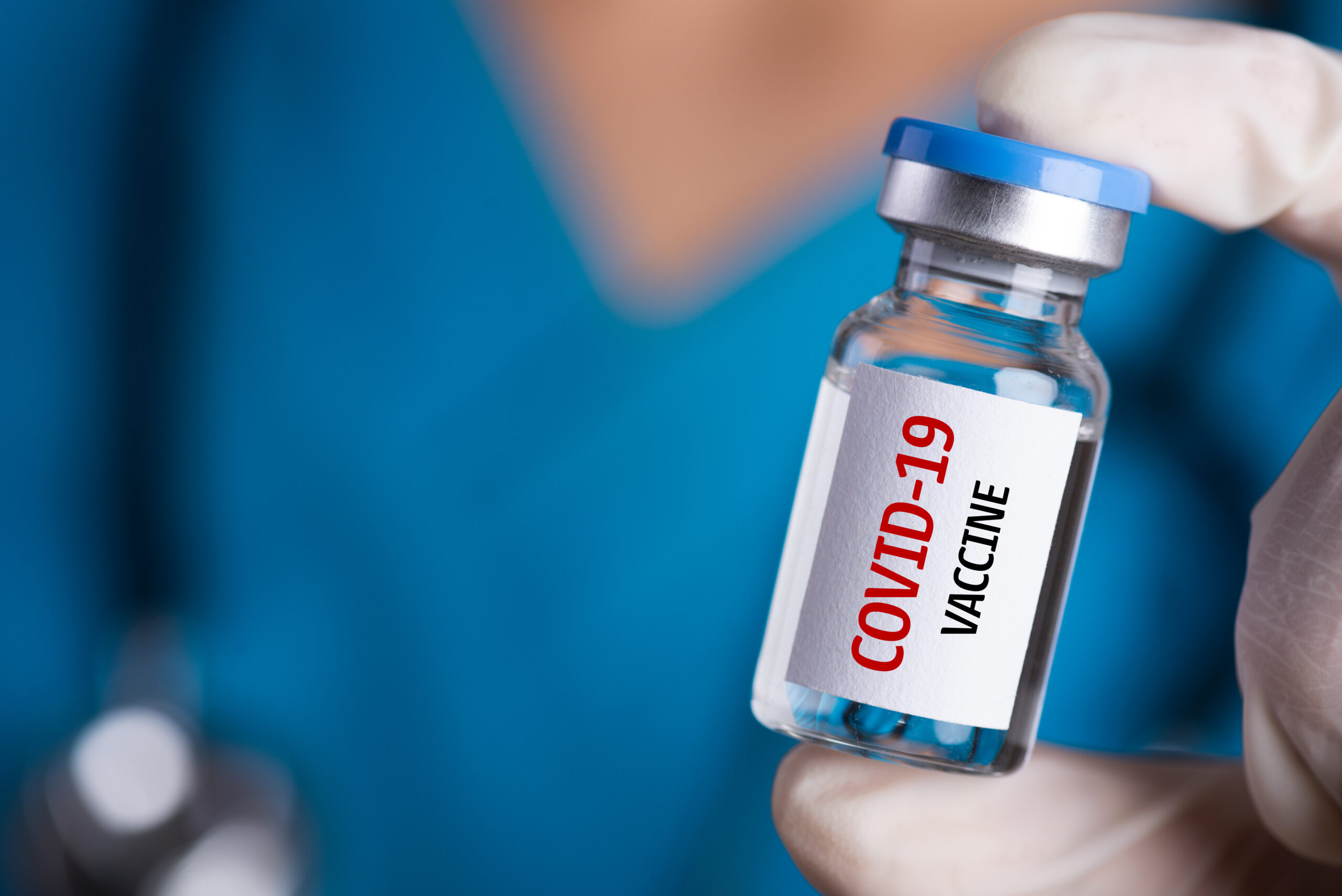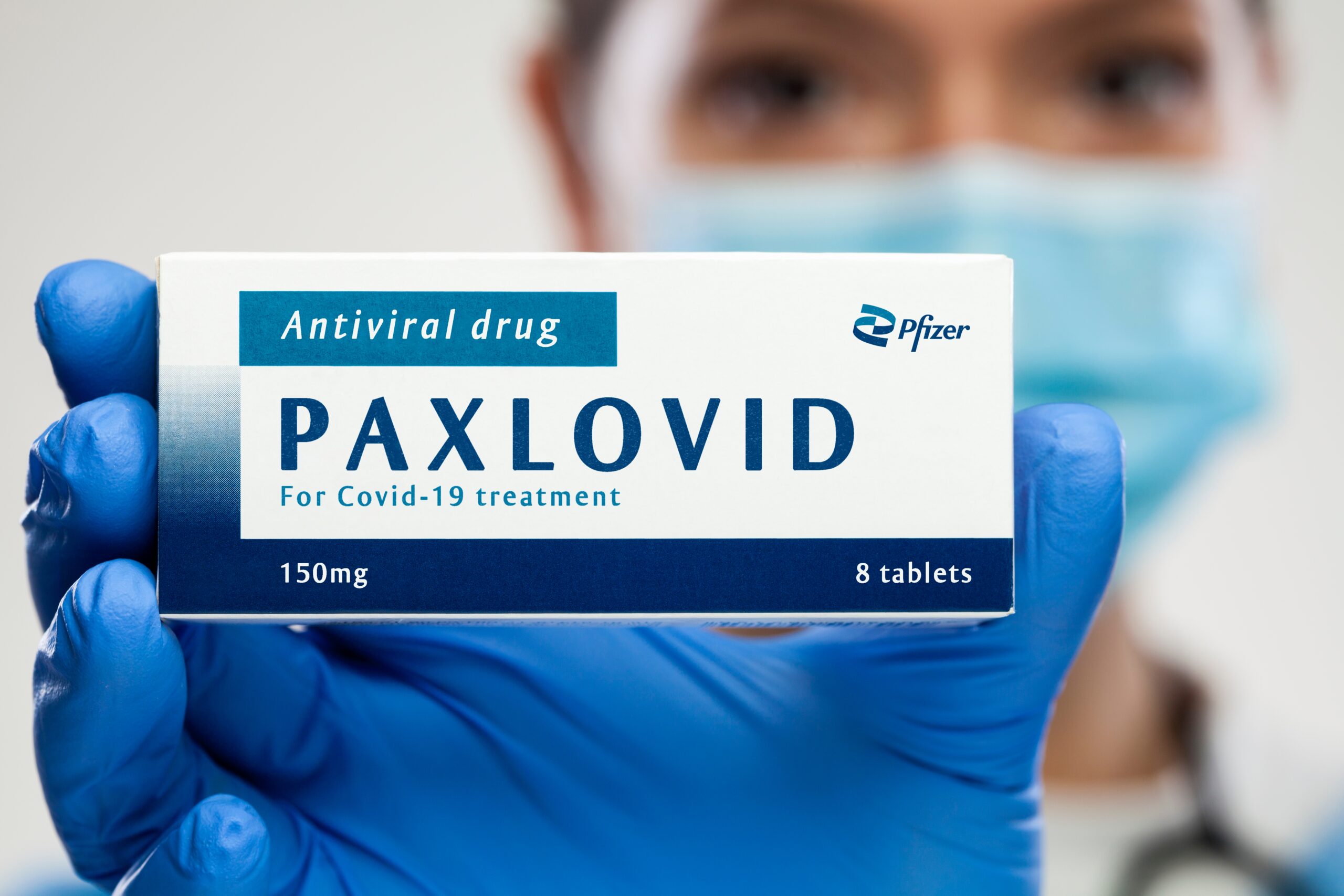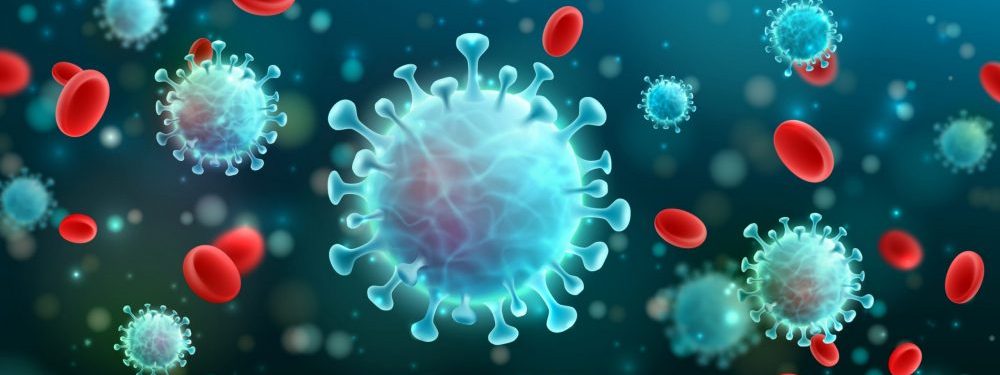Now live! RTHM Direct – simplified medication access for Long COVID, ME/CFS and related conditions. Check it out
As we learn more about COVID-19 and SARS-CoV-2, we see that, while the acute phase of COVID can pose severe health consequences and death, recovering from an acute infection does not mean that your journey with COVID is over. In fact, as many as 30 percent of those infected with SARS-CoV-2 go on to develop Long COVID, a viral-associated illness that can cause debilitating, life-changing symptoms. While most people work to reduce their risk of infection by means of social distancing, wearing masks, and receiving vaccinations, the widespread Omicron variants are making it more and more difficult, with some infectious disease specialists predicting that the majority of the population will become infected at some point. Given that, the questions become who is most at risk for Long COVID, and is there anything you can do to reduce your risk?
Who is Most at Risk for Developing Long COVID?
While we continue to learn more about Long COVID every day, researchers still do not understand why one person recovers from an acute infection while another goes on to develop Long COVID. Originally it was believed to have a correlation to the seriousness of the acute infection, but we have learned that Long COVID can develop in those with severe infection as well as in asymptomatic cases of COVID-19. Unfortunately, there is still no clear-cut answer as to why someone develops Long COVID, however, studies have found specific risk factors that can contribute to the development of Long COVID. These risk factors include:
- A higher viral load during acute infection
- The presence of certain autoantibodies in the body
- Reactivation of the Epstein-Barr virus (EBV) after acute infection
- Type II diabetes
- Preexisting medical conditions
- Female gender
Reduce Your COVID Risk Through Safety Measures and Vaccination
The best way to reduce your risk of Long COVID is to avoid exposure to the SARS-CoV-2 virus which then leads to an acute infection. While experts believe that this may be difficult with the emerging new Omicron variants, maintaining social distancing and wearing a mask when you are in close contact with others can help reduce your risk.
Vaccinations are another good way to help reduce the risk of contracting COVID-19. However, breakthrough cases of COVID-19 are still possible with the Omicron variants. While there was initial hope that the vaccines would provide a level of protection against Long COVID, a new study shows that fully vaccinated individuals only receive a 15% risk reduction over unvaccinated individuals when it comes to the development of Long COVID after an acute breakthrough infection.

Early Treatments During Acute Infection
Once you have a positive COVID test, it is essential to seek immediate treatment even if your acute infection is mild or asymptomatic. When you look at the risk factors above, one of the first risk factors is a high viral load. While you may assume this connects with a more severe case of acute COVID, research shows that asymptomatic COVID-19 patients most often have a higher viral load than those with severe infection. When you have a positive COVID test, early treatment (within the first five days) with an oral antiviral can help reduce the viral load and arrest viral replication, thus reducing the amount of the SARS-CoV-2 virus in the body which in turn reduces the risk of developing Long COVID.

Do Not Rush Acute COVID Recovery
Battling through an acute COVID infection can often leave you eager to get back to your normal routine once the infection clears. However, rushing your recovery and “pushing through” lingering symptoms may play a role in the development of Long COVID. It is important that you take the time to rest and recover, often for longer than you would think is necessary. If you continue to experience symptoms such as breathlessness, coughing, fatigue, headaches, increased heart rate, and overall body aches or pains, it is important to take a step back and allow your body to continue recovering. Pushing through these symptoms can often make things worse and prolong their duration.
Long COVID is Unpredictable at This Time
While these tips can help to reduce your risk of developing Long COVID, researchers still do not know all the risk factors and why some individuals develop Long COVID while others recover completely. At RTHM, our team of researchers and clinicians are working together to find the answers to these questions, as well as the treatments that will help those with Long COVID achieve a better quality of life.

Get updates
Join our mailing list



